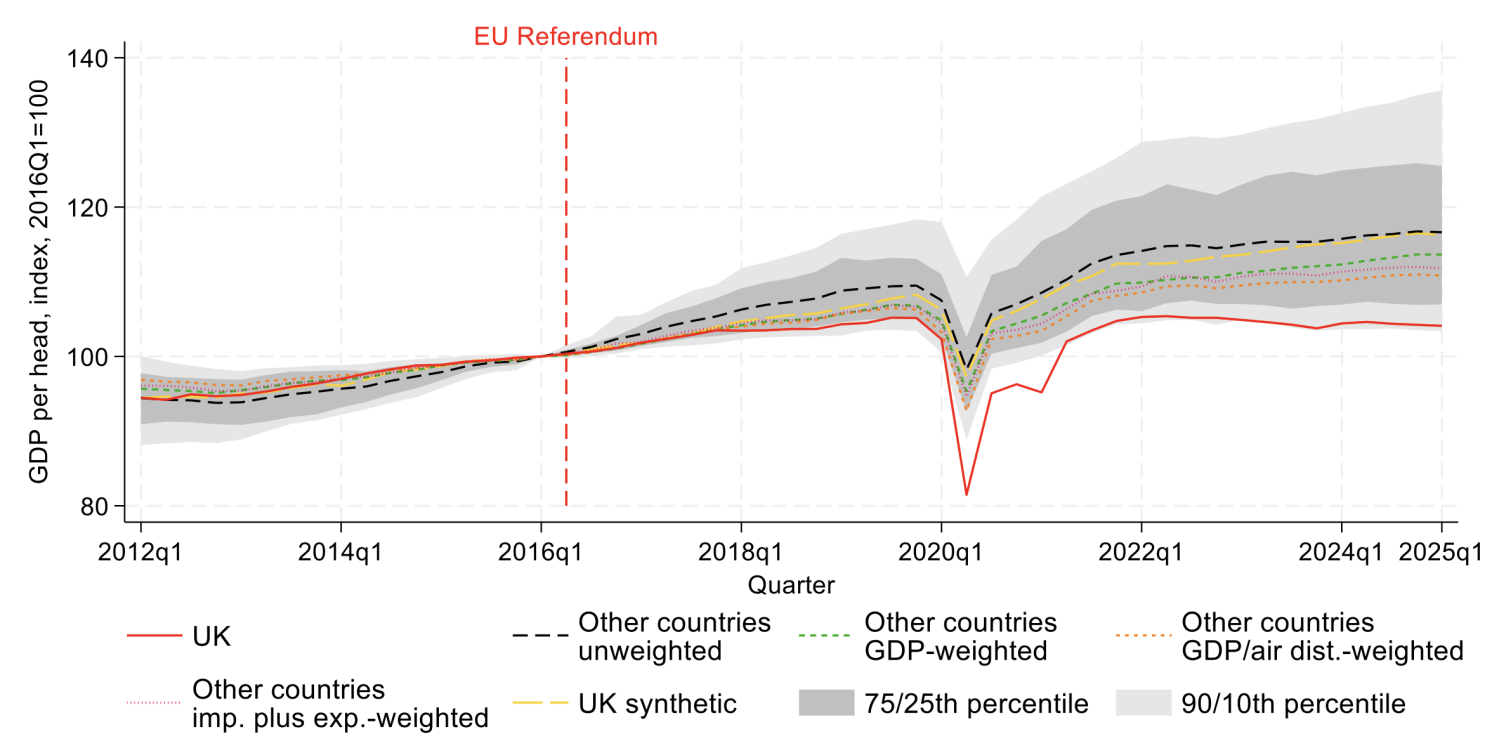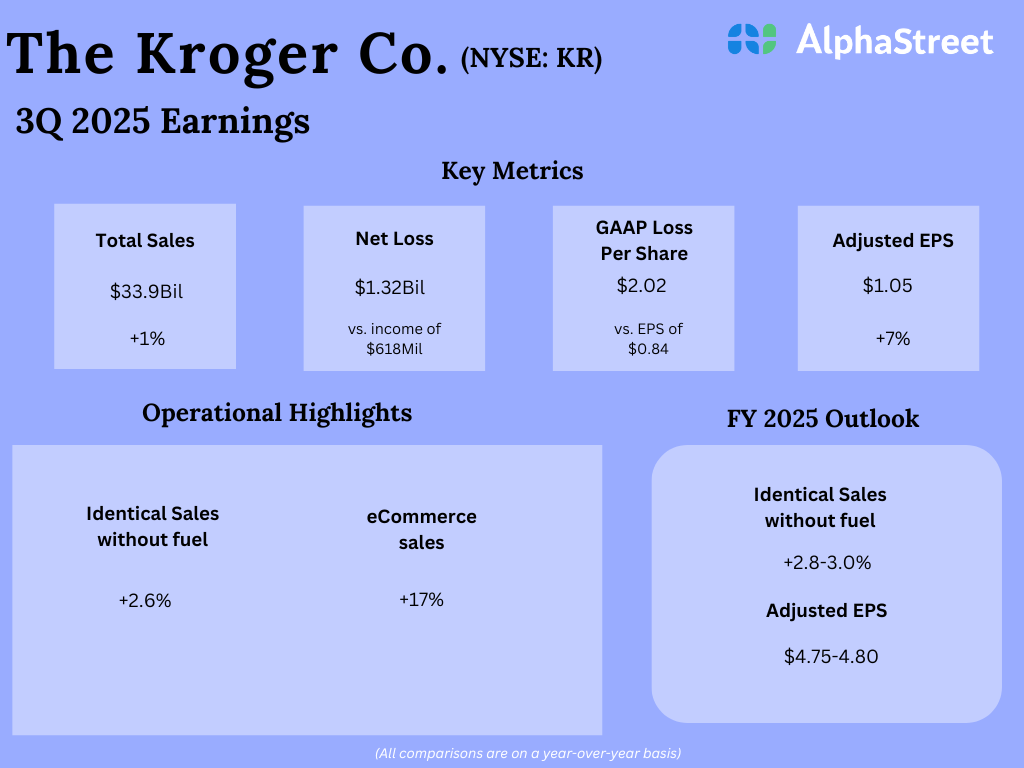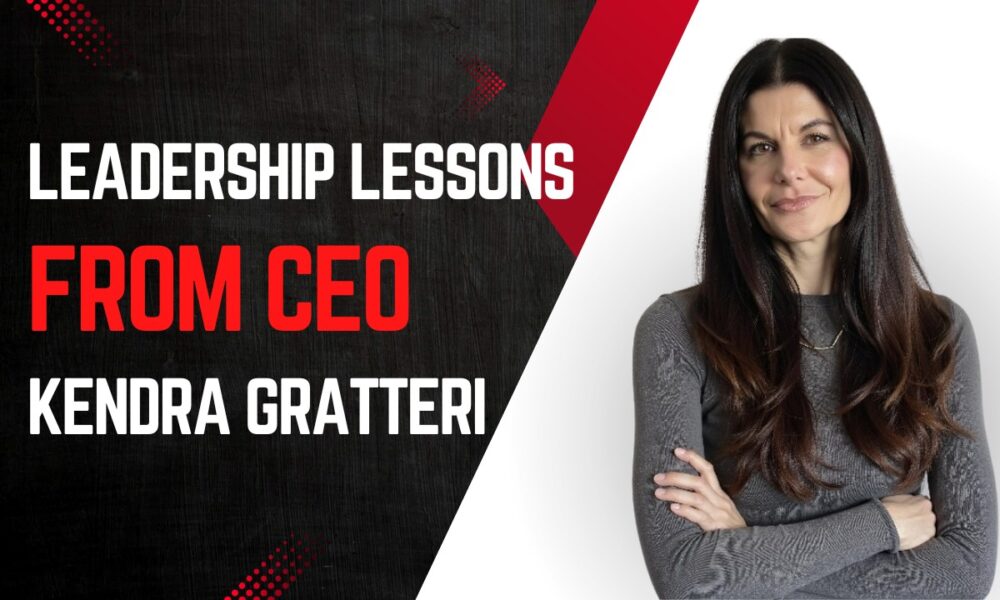On Tuesday, the average 30-year fixed mortgage rate jumped back up to 7.34%. That coupled with home prices that rose dramatically during the pandemic, and in some markets, are still rising, has deteriorated affordability. It’s pricing buyers out of the market, at a time when supply is already constrained as would-be sellers hold on to their low rates. Something’s got to give, but until then, shopping around for your mortgage rate can help.
Shopping for mortgage rates isn’t as simple as it used to be, certified mortgage advisor and senior vice president at Vellum Mortgage, John Downs, tells Fortune. A lot of people call lenders to say they want to buy a home and want to know what the lender’s mortgage rate is on a 30-year fixed. The response isn’t so simple, Downs says, because it depends on that person’s credit score, down payment, property type, income, and whether or not they’re a first time buyer.
“To shop today, there needs to be either a legit conversation or someone that knows all those data points to then give to a lender, like ‘hi I’m a first time homebuyer I make less than $100,000 a year, my credit score is 780, I’m buying a condo in D.C…’ it needs to be almost that specific,” Downs says.
All those factors can vary depending on the loan type. If you’re calling a lender about a FHA loan and the rate for the day, they’ll likely be able to give you an answer pretty quickly, Downs says. Whereas with conventional loans, virtually everyone gets the same rate if you’re putting 40% down, Downs says.
“If you have a big massive downpayment, everyone’s getting the same interest rate,” Down says. “But every 5% less that you put down, and depending on your credit score, the interest rate changes a lot.”
It really comes down to your credit score and downpayment. So if you’re looking to shop around for your mortgage rate, you should know those figures. From there, Downs advises that people start with a phone call with an experienced local lender. They’ll take into consideration all the nuances that factor into delivering the best rate, something that online calculators or a lender that’s several states away can’t do, Downs says. One of the biggest mistakes he sees is when people choose availability over experience and knowledge.
“Everyone’s available right now except for the really good people because there’s no business being done, but the good people are still booked,” Downs says. “That person might not be the one that can pick up the phone in five minutes if you call, but definitely wait and have that conversation with them because this is the kind of market where experience alone could get you a better interest rate just because that loan officer knows how to exploit the little things in pricing, and a lot of other people don’t.”
Once you’ve gone through the process with that first lender, where you’ll learn ins and outs, then you can begin to shop around, essentially by speaking with other lenders to see what they can offer. And once a lender pulls your credit report, you’ll have tons of other mortgage companies reaching out to you that you can choose from. However, instead of immediately jumping on the lowest rate you find, Down says, consider going back to that first lender (if you had a good experience and they’re trusted in the space), show them the lower rate you were given and ask what they can do to get you down to that—something a lot of buyers don’t do.
“If there was a personal connection, it’s always good to go back because I think that personal connection will pay dividends in the future, as that person helps look after you and takes care of managing the refinance in the future,” Downs says.
When you’re shopping around for your mortgage rate, it’s important to do so on the same day because rates change daily (and sometimes within the same day). Additionally, Downs suggests you shop around while you’re in the pre-approval process. That’s when you should be narrowing down your options, focusing on those that are responsive. During the pre-approval stage, Downs says a lot of lenders take the current market rate and subtract it by a quarter of a percent, giving the perception that they’re offering the lowest rate. In his case, because of the volatility of the market, Downs gives potential buyers a range—a quarter percent below and above the current market rate.
Once you’ve found your house and are in the contract stage, that’s when you should ask two to three lenders for an updated quote, which at that point, it’ll likely be a more accurate (and real) estimate than in the pre-approval stage. That’s when you’ll decide which lender, and at what mortgage rate, you’ll go with. As for locking in that rate, you need a property address, a social security number, and a closing date. Once you’ve got all that, it’s up to you and the lender when you want to lock it in.
“It really is, I think, more important now for people to shop than ever,” Downs says, “I’ve seen in some cases, a half of a percent difference between one lender and the other…there are big dislocations in the market today.”







































